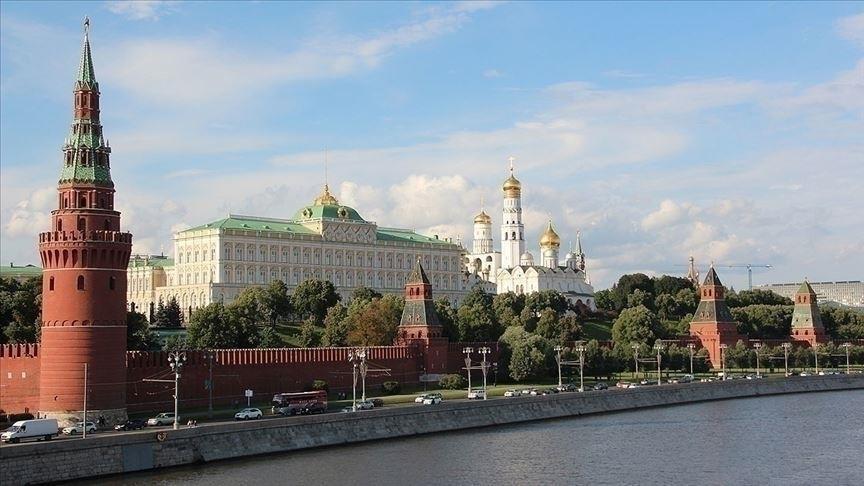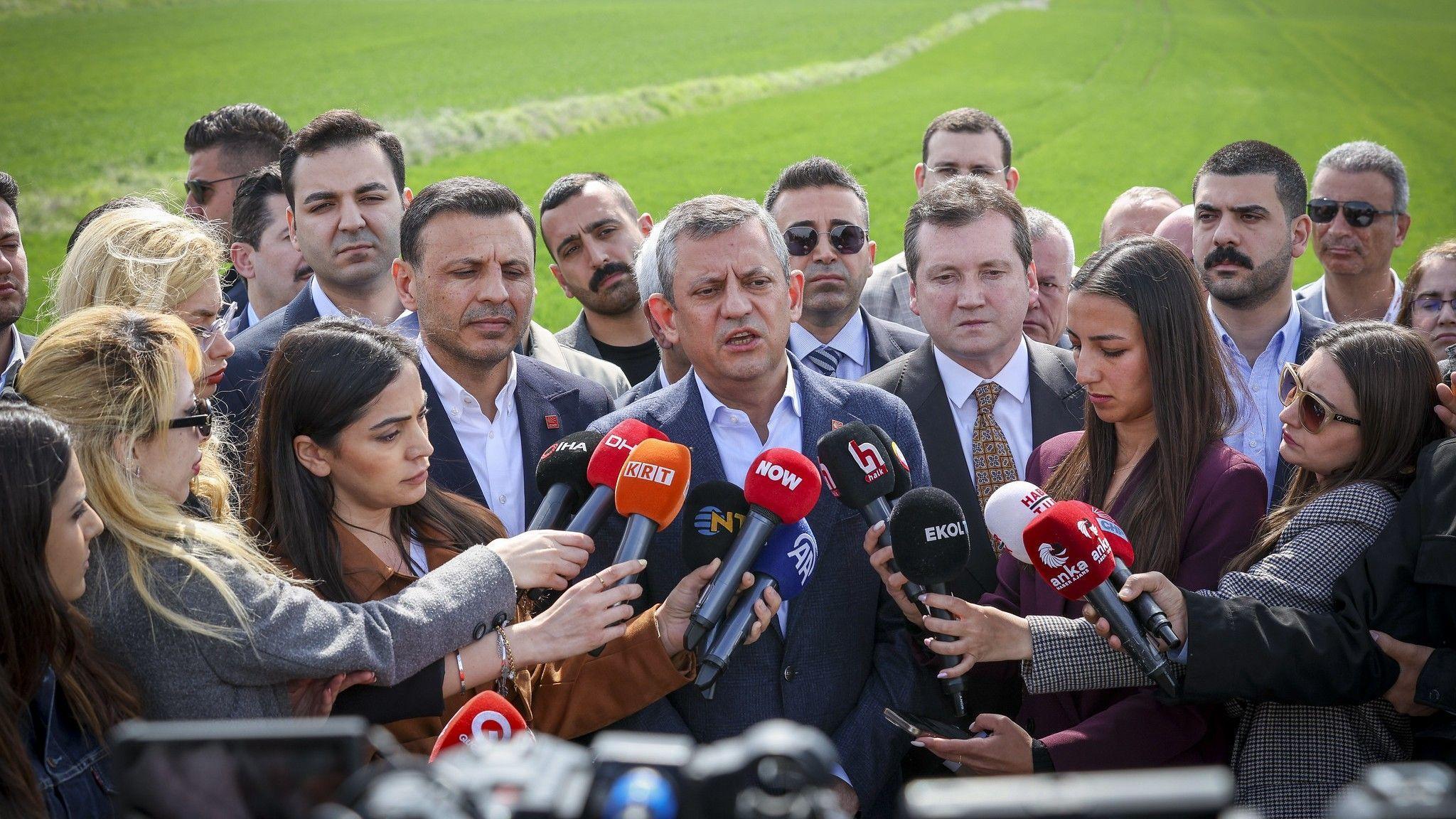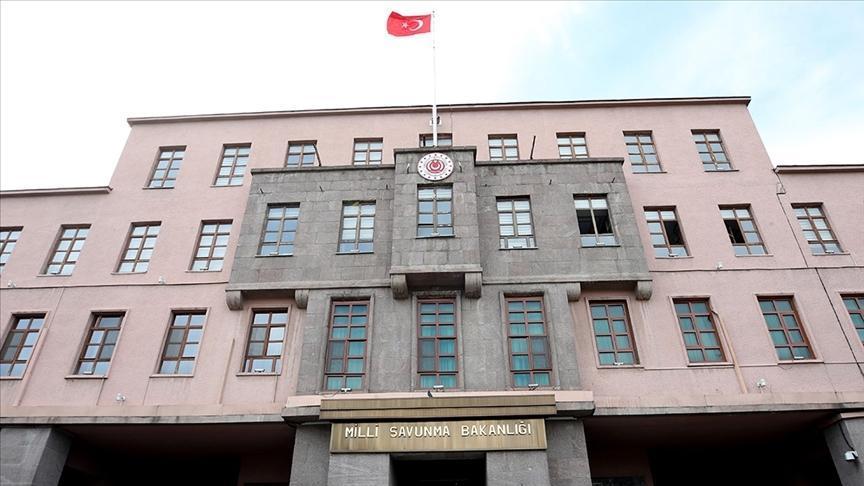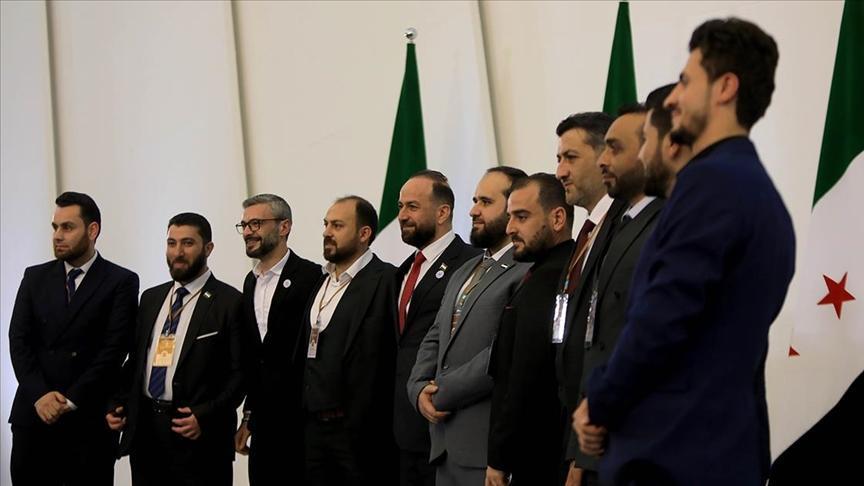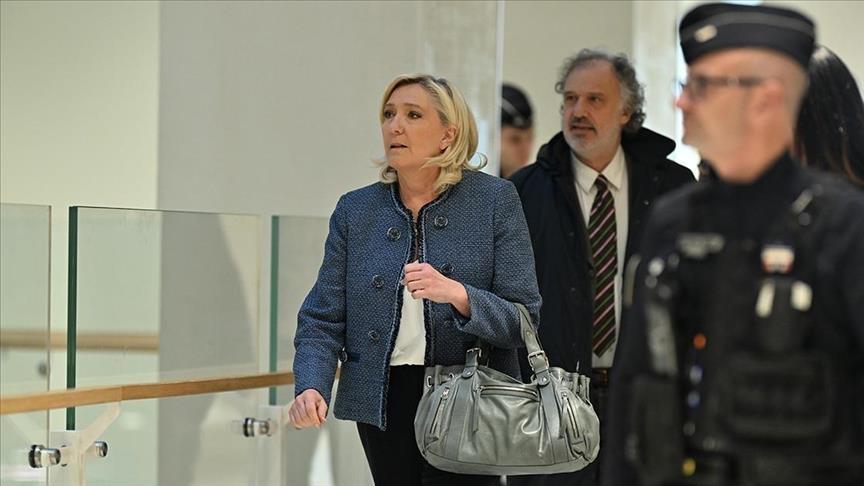South Sudan army says still in control of disputed oil hub
JUBA - Agence France-Presse
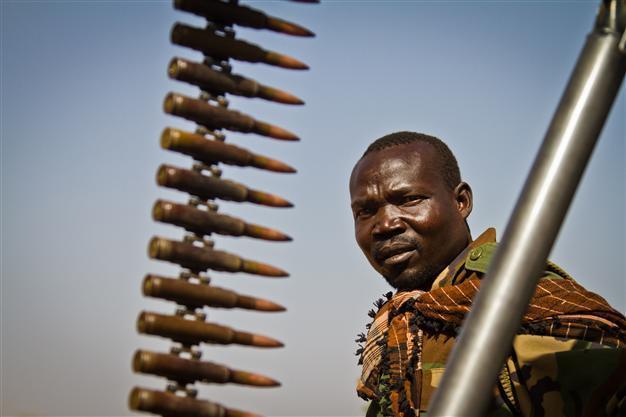
AFP photo
The South Sudan army claimed toay to still be in control of Heglig after Khartoum said it had launched an offensive to recapture the disputed oil hub."The SPLA is controlling Heglig," spokesman Philip Aguer told AFP. He said that the Southern army had repelled soldiers of the Sudanese Armed Forces in the village of Kelet some 40 kilometres (25 miles) from Heglig on Friday, the fourth day of the worst clashes since South Sudan's independence last year.
"Yesterday, there were clashes between their patrols and SPLA. ... SPLA has destroyed two tanks belonging to the SAF," Colonel Aguer said.
Aguer said the SAF bombed the border areas of Jau and Panakuach, in northern South Sudan's Unity State, on Saturday, as well as Heglig, the main producer of Khartoum's oil.
No information was available early Saturday on the positions of the two armies.
A Unity State government spokesman, reached by telephone in the state capital Bentiu, confirmed the aerial bombings near the border.
"The areas in the north of Unity State are still subject to Antonovs (planes)," said the spokesman, Gideon Gatfan.
"We don't have the updates yet between Heglig and Kelet. But all those areas they are subjected to bombing," he added.
On Friday, the SAF said it had launched a counter-attack towards Heglig and were close to the town.
Khartoum had vowed to react with "all means" against a three-pronged attack it said was launched by South Sudanese forces.
The clashes have brought the two former foes the closest yet to a return to outright war.
Some two million people died in Sudan's 22-year civil war, one of Africa's longest, which ended with a peace deal in 2005.
Neither army has provided casualty figures but one Southern soldier in Bentiu said earlier: "There are so many bodies at the front line, so many dead" that it is impossible to bury them or bring them back.
Juba has refused to withdraw from Heglig unless certain conditions are met, including Khartoum's pullout from the neighbouring Abyei region it holds and which, like Heglig, is claimed by both sides.
When the South separated last July, Khartoum lost about 75 percent of its oil production and billions of dollars in revenue, leaving the Heglig area as its main producer. Its output roughly fulfilled domestic requirements.
But Tuesday's attack caused a total production shutdown in the area, said Ahmed Haroun, governor of South Kordofan state, where Heglig is located.
World powers including the African Union, United Nations, United States and China have called for restraint and voiced deep concern at the escalation of violence.


